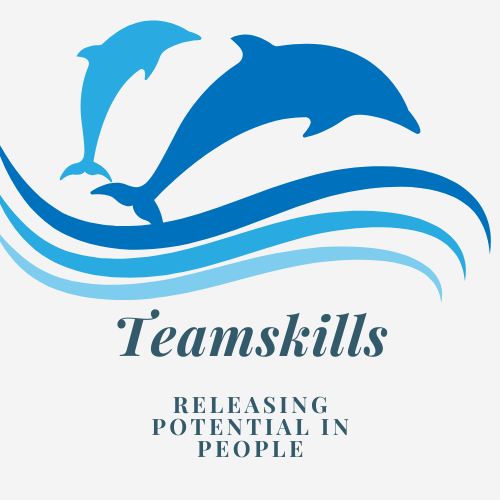In the last article we saw how communication was vital and core to functioning as a manager/leader; the important of enlisting commitment through keeping yourself and your staff ‘in the picture’.
MANAGING BY WALKING ABOUT
A part of that process is by managing by walk about. Does this mean you are constantly away from your desk or work station constantly prowling the office corridors or factory floor watching everybody closely and overseeing and closely supervising their work?
You would not get the best from them if they felt you were on their back, looking over their shoulders and constantly watching them.
I’m not good at ‘small talk’ I can hear you say, I can’t just ‘walk about!’
Things that are worthwhile are not always easy. If you feel you haven’t got any thing to say (small talk) you can ‘keep them in the picture’, or ‘keep yourself in the picture’ by asking questions, listening to their views and ideas (see previous article). What may seem sticky and unfamiliar at first will if done persistently more common place in your behaviour.
People pay attention to what we pay attention to.
What MBWA does mean is:
• seeing and being seen
• Standing alongside people and not over them
• Giving off the right signals
• Setting the mood and tone of the day
• Creating a positive attitude
• Above all being interested in your people
• Genuinely interested in how your staff do things
• Asking people for ideas and views
• Making sure communication is two way rather than top down
• Making notes of what they want you to remember
• Seizing opportunities to give genuine praise
• Seeing where you can give support to overcome any problems or blockages
• Giving people responsibility and making them responsible for their actions and results
If you ask for ideas, acknowledge them and make sure you follow through. If someone has an idea you can implement, do so and let them know how it’s progressing. If you can’t implement the idea be honest and explain why.
A Firm grasp of the job
By doing this you will gain a firm grasp on the things that are happening that shouldn’t be happening; the things that are not happening that normally should be happening; changes in peoples’ behaviour, attitudes and motivation; changes in the way people do things; changes in relationships between people and groups; the things that need to be changed because circumstances have changed yet people persist in doing things the same way because ‘that’s the way it has always been done here’.
For more detailed information about our management and leadership skills training programmes contact us at www.teamskills.co.uk or telephone Conrad or Suzanne Potts on +44 (0)1903 778977






